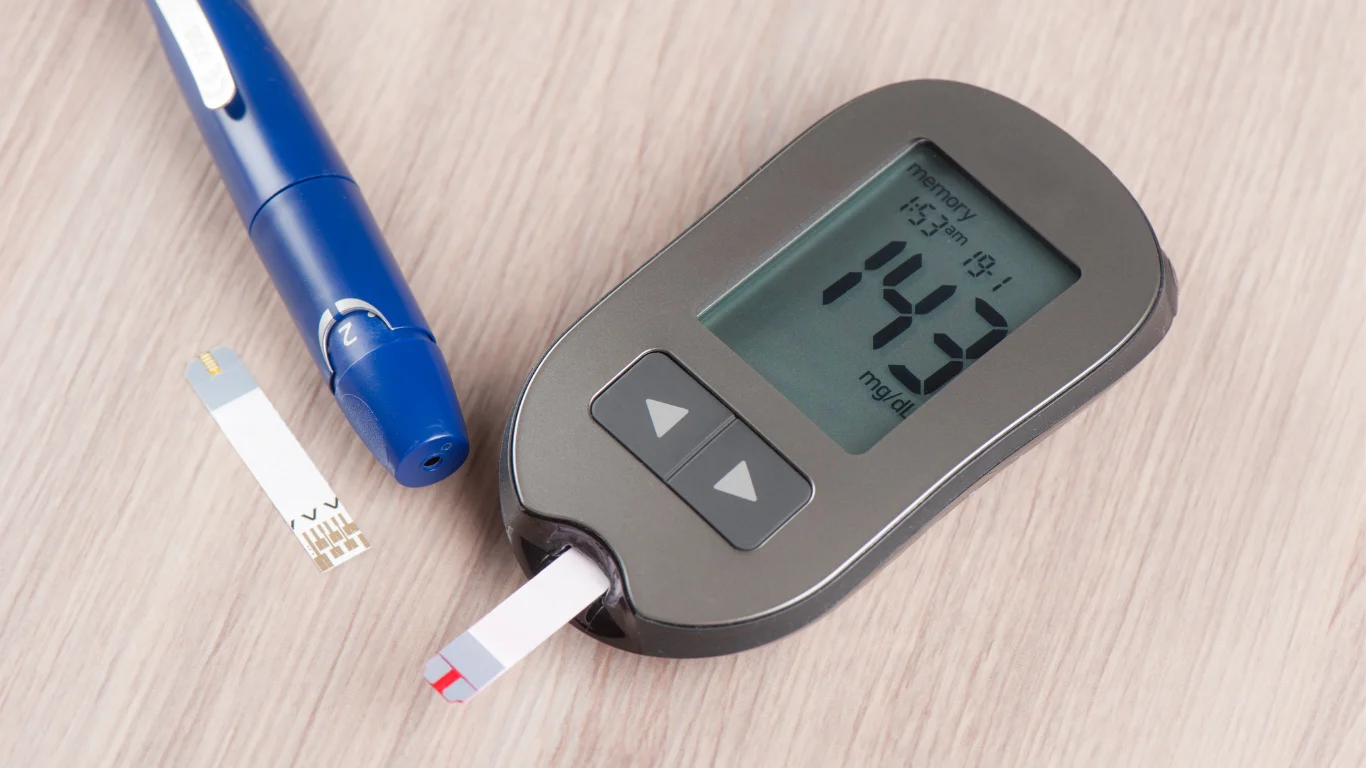What Is Pre and Postnatal Care
Pre and postnatal care represent the cornerstone of health and wellness for both the mother and child during the crucial phases of pregnancy and postpartum. This period of care is not only about medical assessments and interventions but also encompasses comprehensive support that addresses the less discussed, yet equally significant, aspects of maternal health such as emotional well-being and practical readiness for motherhood.
While most discussions around pre and postnatal care focus on physical health metrics and outcomes, it’s essential to delve deeper into the holistic needs of expectant and new mothers.
Moreover, the unique perspective of integrating cultural sensitivity into care practices is seldom discussed but vital in a cosmopolitan city like Dubai. Understanding and respecting diverse prenatal practices and postnatal rituals can profoundly impact the emotional health and satisfaction of mothers from various backgrounds.
Understanding Pre and Postnatal Care
Definition and Scope of Pre and Postnatal Care
Pre and postnatal care encompasses a broad spectrum of healthcare services aimed at ensuring the wellbeing of both the mother and child throughout pregnancy, childbirth, and the postpartum period. According to Healthline, effective pre and postnatal care is crucial for reducing pregnancy risks and increasing the chances of a safe delivery. This holistic approach not only monitors the physical health of the mother and baby but also prepares the mother mentally and emotionally through the entire journey from conception to recovery after birth.
Components of Effective Pre and Postnatal Care
The effectiveness of pre and postnatal care hinges on several key components that together ensure a healthy pregnancy and postpartum experience:
Regular Health Check-ups and Monitoring
Scheduled visits to healthcare providers are critical during pregnancy. These appointments allow for the monitoring of the baby’s development, assessment of the mother’s health, and early detection of potential complications. Regular prenatal visits should ideally start at least three months before conception and continue throughout pregnancy, as emphasized by health experts.
Nutritional and Lifestyle Guidance
Proper nutrition and a healthy lifestyle are pillars of successful pre and postnatal care. Expectant mothers are advised to follow a balanced diet rich in nutrients like folic acid, cease harmful habits such as smoking, and avoid exposure to toxic substances. This component is essential for the optimal development of the fetus and the health of the mother.
Mental and Emotional Support
Pregnancy and the postpartum period can be challenging times emotionally and mentally. Providing robust support systems for mental health, including counseling and therapy if needed, plays a crucial role in maintaining the overall health of the mother. Services that focus on emotional well-being help in managing the stresses and emotional swings associated with pregnancy and motherhood.
These components of pre and postnatal care are not just about managing the physical aspects of pregnancy but also ensuring that the mother feels supported and empowered throughout her journey. By focusing on comprehensive care that addresses all facets of a mother’s health, we can improve outcomes for both mothers and their babies, paving the way for a healthier start to life.
The Benefits of Pre and Postnatal Care
For the Mother
While the physical health benefits of pre and postnatal care for mothers are widely acknowledged, there are several under-discussed aspects that significantly enhance maternal health outcomes. One such aspect is the integration of ergonomic advice into prenatal care. As the body undergoes dramatic changes, tailored ergonomic guidance can help manage discomfort and prevent long-term musculoskeletal issues, which are seldom addressed in standard prenatal programs.
Furthermore, the role of environmental health in prenatal care is crucial yet often overlooked. Exposure to environmental pollutants can adversely affect both the mother and the fetus. Educating mothers about reducing exposure to harmful chemicals and pollutants at home and in the workplace can be a vital part of prenatal care, ensuring a safer environment for both mother and child.
For the Baby
Beyond the immediate health benefits, prenatal care can have profound effects on the long-term cognitive and emotional development of the child. Emerging research suggests that the mother’s emotional state and stress levels during pregnancy can influence the development of the baby’s nervous system. By incorporating stress management techniques and mental health support into prenatal care, we can potentially enhance the developmental outcomes for the baby.
Long-term Health Benefits
The long-term health benefits of comprehensive pre and postnatal care extend beyond the early years. For instance, proper prenatal nutrition can reduce the risk of chronic diseases in children later in life. Moreover, continuous postnatal care ensures that mothers receive the necessary support to establish and maintain healthy breastfeeding practices, which have been linked to better immune system outcomes in children.
By broadening the scope of pre and postnatal care to include these often-neglected areas, we can provide a more holistic approach that not only safeguards the immediate health of the mother and child but also contributes to their long-term wellbeing. This comprehensive care model supports the notion that the health trajectories of both mother and child are profoundly interconnected and can benefit from a wide-ranging and integrated approach to prenatal and postnatal healthcare.
Why Pre and Postnatal Care Is Essential
Reduction of Maternal and Infant Mortality Rates
While the primary goal of pre and postnatal care—reducing maternal and infant mortality—is well understood, the conventional approach often underestimates the power of personalized and predictive care. Typically, healthcare systems react to complications rather than anticipating them. By harnessing predictive analytics and individual health data, pre and postnatal care can transition from a reactive to a proactive model. This shift could dramatically decrease the incidence of preventable complications that lead to high mortality rates.
Psychological and Emotional Support
The traditional emphasis in pre and postnatal care on physical health overshadows a critical component: the psychological resilience of the mother. It’s not just about providing mental health resources but about creating a culture where seeking emotional support is as normalized as attending a physical check-up. This change in perspective could revolutionize maternal health, reducing the incidence of postpartum depression and enhancing the overall well-being of the family unit.
Challenging these conventional views opens a dialogue about how we can evolve our healthcare approaches to be more anticipatory and holistic, thereby significantly impacting maternal and child health outcomes. The future of pre and postnatal care lies in its ability to adapt and innovate, ensuring that all aspects of a mother’s and baby’s health are nurtured and protected.
Best Practices in Pre and Postnatal Care
Regular Check-ups and Monitoring
The routine of regular check-ups and monitoring, while essential, often follows a standard template that may not cater to every individual’s unique needs. Challenging this norm involves a shift towards a more customizable approach where check-ups are not only about assessments but also about deep, ongoing conversations that consider the mother’s lifestyle, personal fears, and aspirations. This practice can transform routine visits into a more dynamic part of healthcare that adapts as the needs of the mother evolve throughout her pregnancy and postpartum period.
Education on Nutrition and Lifestyle
Conventional prenatal nutrition advice typically follows general guidelines. However, this approach can be significantly enhanced by integrating genetic testing and personalized diet plans that not only cater to the needs of the pregnancy but also consider the long-term health predispositions of both the mother and the baby. This could fundamentally change the narrative from following a standard diet chart to creating a personalized health roadmap.
Support Systems and Community Care
Lastly, while the importance of support systems is recognized, there’s a profound opportunity to innovate how these systems are structured. Instead of solely focusing on immediate family, expanding support networks to include community resources, online forums, and professional counseling can offer continuous, accessible support. By broadening the concept of community care, we can foster an environment that not only supports mothers but also educates and involves the wider community, promoting a healthier start for future generations.
Conclusion
As we have explored throughout this discussion, the significance of comprehensive pre and postnatal care cannot be overstated. These services are pivotal not only in fostering the health and safety of both mother and child but also in ensuring a foundation for lifelong well-being. The benefits of such care extend far beyond the confines of traditional medical approaches, impacting emotional, psychological, and environmental health.
The Healthline article reinforces this perspective, stating, “Prenatal care is crucial in reducing risks during pregnancy and increasing the likelihood of a safe and healthy delivery.” This underscores the essential nature of regular health check-ups and tailored guidance that should start ideally at least three months before conception. Such meticulous preparation can significantly influence the outcomes of pregnancy and childbirth, highlighting the need for structured and well-managed care regimes.
Moreover, the importance of postpartum care cannot be overlooked. It is a critical period where the mother requires adequate rest, proper nutrition, and appropriate physical care to recover and adjust to life after birth. The Healthline article aptly emphasizes that “Postpartum care is essential for new mothers to adjust to the changes after giving birth and to ensure a healthy recovery.” This phase is crucial for the emotional and physical health of the mother, which in turn affects the well-being of the newborn.
Innovative approaches to pre and postnatal care, such as predictive analytics and personalized health plans, challenge the conventional frameworks and propose a more anticipatory and individual-focused healthcare model. This can revolutionize maternal health services by ensuring that care is not only reactive but also preemptive and tailored to meet the distinct needs of each mother and child.
In conclusion, as we look towards the future of maternal healthcare, let us be guided by a commitment to comprehensive, adaptive, and compassionate care. By reimagining and enriching these critical services, we can guarantee that every mother and baby receives the best possible start, marked by health, safety, and support. Let’s embrace this holistic view of pre and postnatal care, ensuring that the journey through pregnancy and beyond is as informed and nurturing as possible.
For those expecting or planning a family, explore how Best Doc Home Healthcare can support your journey with specialized pregnancy care at home. Embrace a personalized healthcare experience that meets your unique needs right in the comfort of your home.












